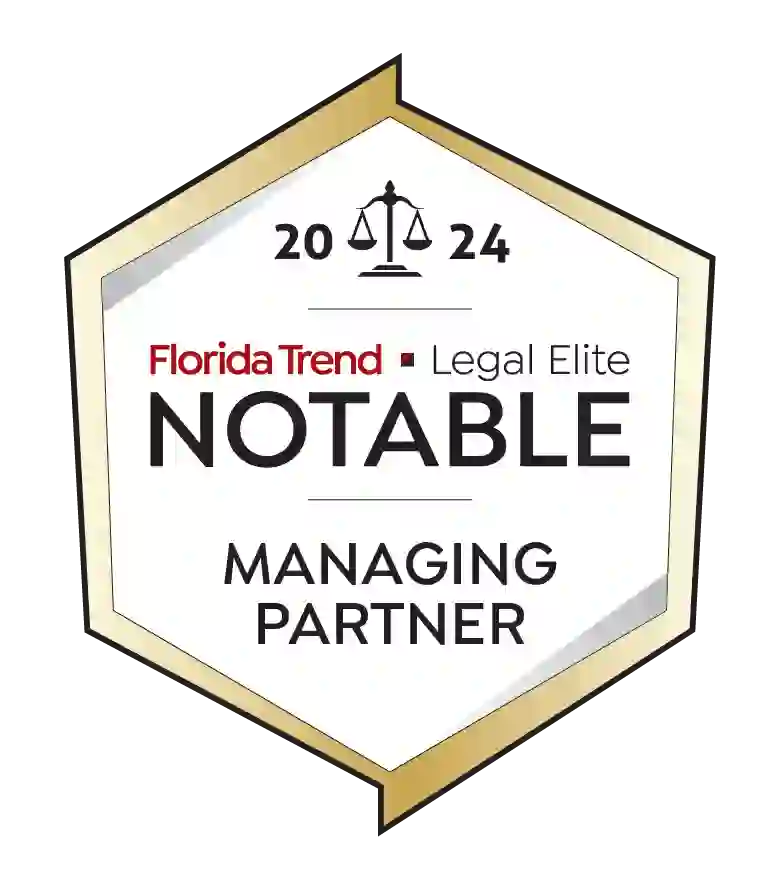Guardianship is a legal proceeding where a judge appoints one adult to act as the representative of another. This process is only necessary in situations where a person is no longer capable of acting on their own behalf.
Because guardianship involves the loss of rights, courts are wary to grant these petitions without a good reason. What’s more, there are limitations on who may serve in this capacity. If you have questions about qualifications for guardianship in Florida, you can get the answers by speaking with one of our knowledgeable guardianship attorneys.
Understanding Guardianship
Before you can have a clear picture of Florida guardianship requirements, you need to first understand what this role entails. Guardianship involves one person—the guardian—acting on behalf of their ward. A ward is someone who lacks the capacity to make critical decisions about their finances, medical care, or daily needs.
Guardians are given the authority by a judge to make important decisions on a ward’s behalf. Every case is unique, as judges are required to award guardians with the least restrictive amount of authority possible based on the circumstances. If a ward is capable of managing some aspects of their life but not others, the guardianship order should have a limited scope.
To ensure guardians act appropriately, they are required to make reports to the court during the entire length of the guardianship. This might last for the rest of the ward’s life, or only until they are fit to make decisions again.
Types of Guardianship
There are two different types of guardianship under Florida law. A guardian could be tasked with making decisions involving the person, their property, or a combination of the two.
Guardianships of the person involve everything from making medical decisions to applying for government benefits. Guardians of the property are different, as they are tasked with managing a ward’s finances. There are strict limitations on what can be done with these funds, and self-dealing is not allowed.
What Are the Formal Requirements for Guardians in Florida?
There are only a few formal requirements to serve as a guardian. Any adult has the power to petition for guardianship, regardless of whether they are related to the proposed ward or not. While these people must generally live in Florida, there are some exceptions that allow out-of-state family members to serve in this capacity.
Certain criminal convictions, including felonies, will also disqualify a potential guardian. It is not uncommon for the court to require an applicant to submit to a background check before their petition is considered.
It is important to note that beyond these firm requirements, the court might consider other factors when reaching a decision. It is possible that a judge might agree that guardianship is necessary while rejecting a person’s request to serve in that capacity. This is true, even for someone who otherwise meets the necessary requirements.
Because this process is somewhat subjective, it is a good idea to rely on legal counsel every step of the way. Your attorney can do more than answer questions about Florida guardianship qualifications.
Talk to an Attorney in Florida About the Qualifications to Become a Guardian
If you intend to seek guardianship over a loved one, it is vital that you understand whether or not you qualify. An attorney from The Florida Probate & Family Law Firm can answer your questions and help you determine if you are eligible.
Having a clear picture of the qualifications for guardianship in Florida is only the first step in a long, complicated process. Reach out for a free case evaluation to discuss how we might be able to help.





























